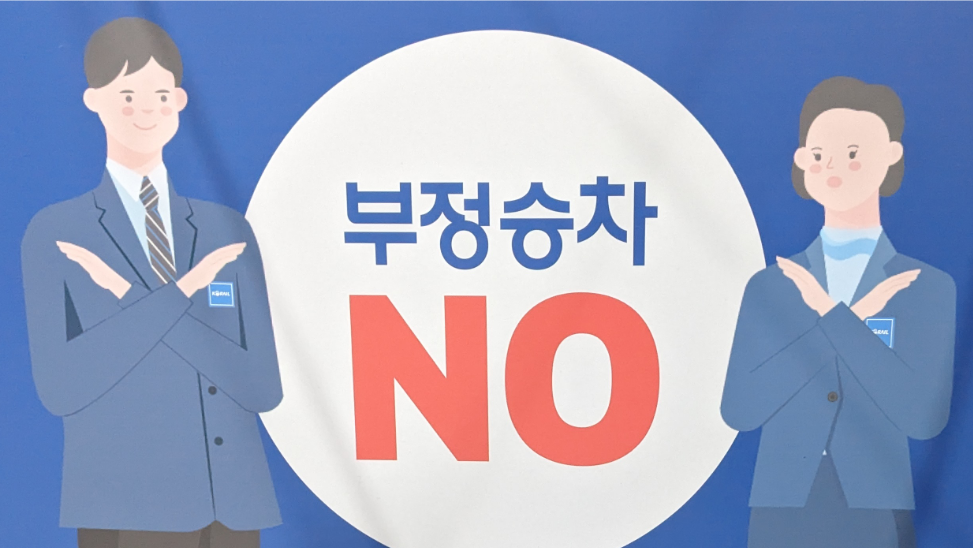In this hypothetical world, the act of giving birth would be far more than just a metaphorical sharing of life; it would be a literal sharing of vision. Parents would each donate one of their eyes to their newborn child, a process that has deep emotional and cultural significance. The ritual would be conducted with utmost reverence, considered not just a medical procedure but a rite of passage for both parent and child.
The immediate impact would be that every individual would walk through life with a single eye, a shared lineage of vision. This would affect society on multiple levels. First, medical technology would be far advanced in the realm of ocular surgery, regeneration, and adaptation. However, unlike our world, this advancement wouldn’t be optional; it would be a necessity.
Second, the culture would have developed unique coping mechanisms and technologies to adapt to monocular vision. Jobs, sports, and daily activities would be designed differently, accounting for the limitations and advantages of having just one eye. Art and aesthetics would also evolve to cater to this unique visual perspective.
Lastly, the act of eye-giving would carry immense social and ethical implications. It would be a deeply ingrained responsibility, and the choice to opt out would likely be fraught with controversy. Family dynamics would be intensely affected, as siblings would literally see the world through eyes inherited from different parents.
Overall, this world would be bound by a unique combination of sacrifice, innovation, and tradition, all centered around the sharing of one’s literal point of view.


No one is born with eyes. It is culturally expected to give eyes to your baby upon its birth. So like, you’d be a social outcast if you had full vision as a bio parent. I would imagine there would be big blind communities in poorer areas where education was lacking and families were bigger (lack of sex ed, etc).